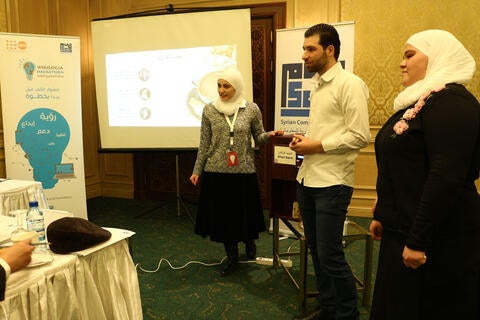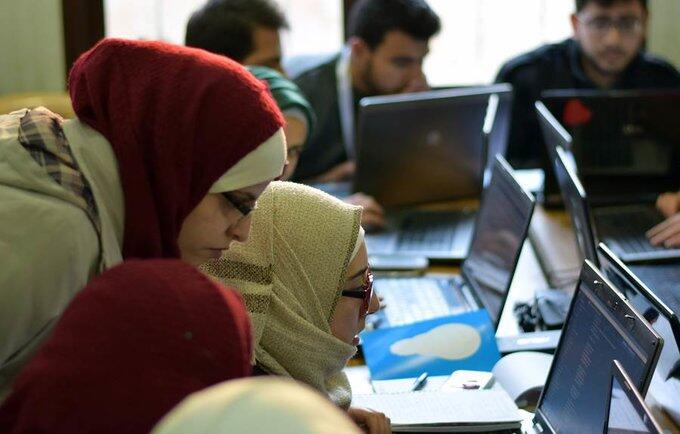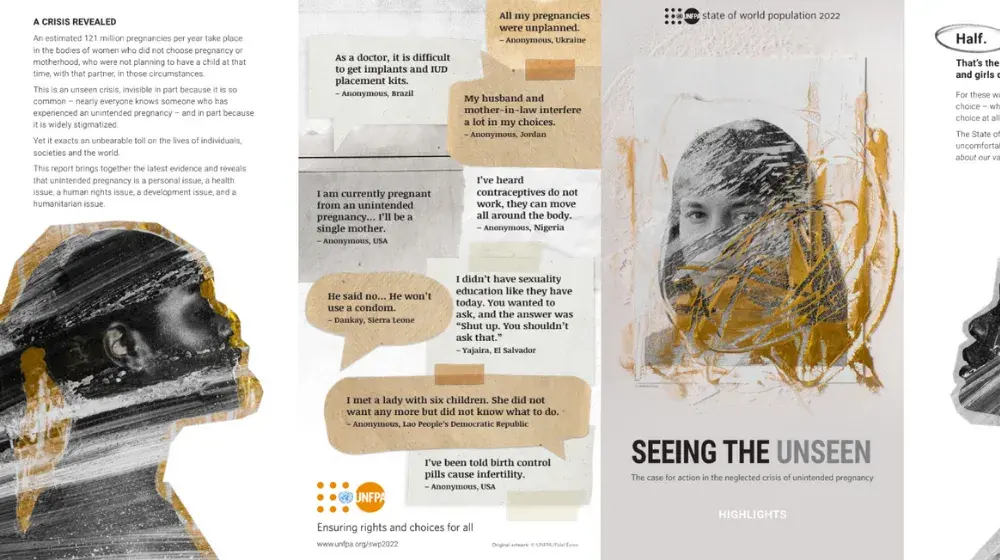Ongoing conflict in Syria has created a shortage in resources and jobs for young people. Investing in the education, health and livelihoods of young people is investing in the future, yet too many youth do not have the right opportunities to become effective drivers of change and are unable to participate fully in society.
In an effort to address the shortage of internships and entry-level jobs for engineering students who have been studying during the war period and graduate with limited opportunities, UNFPA partnered with the Syrian Computer Society (SCS) and Wikologia - a collaborative community of engineering students in Damascus, Syria - to design two hackathon pilots in Syria, taking place in Damascus and Aleppo in August.
“The enthusiasm of young men and women for learning new things and applying them gives me a great incentive to follow them and improve their projects for the better,” said Nadia Saghir, engineer and Hackathon supervisor

During each hackathon, over 100 engineering students worked on building usable prototypes of a solution to a problem they chose. Based on regional and global trends in technology job markets, students worked on one of four tracks: web and mobile apps, hardware, electronic applications, games, virtual reality and machine learning based applications. This initiative went beyond the typical hackathon experience by providing intensive training and supervision from experts over a three-month period and created an immersive experience where students would come up with solutions for real-world problems in their communities.
There were 8 distinguished projects awarded with a monetary prize in both pilots. One of the top projects was an interactive education application for local students using augmented reality, created by two young women who had little programming experience prior to the hackathon.
“The advantage is that we learned new things while working on the project that we couldn’t learn at the university,” stated Yazan, Hackathon youth participant.
Following the programmes in Damascus and Aleppo, some of the participants were placed in remote engineering jobs and others prepared to apply to local and regional entrepreneurial programmes, having gained additional knowledge and skills. The programmes demonstrated the importance of having a model that has the potential to achieve significant impact on the economic empowerment of students in Syria using digital technology and local resources.



